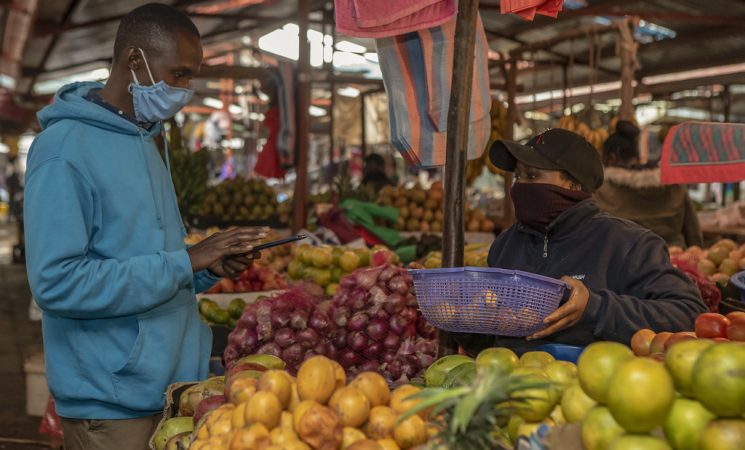Here the ATLI will advocate and encourage the Regional Public Goods (RPG) approach. RPG will be a key catalyst in the transformation of African economies in general, and boosting fragile, conflict, and violence (FCV) abatement investments in green and technology-enabled infrastructure to rectify some of the anomalies of the pathways pursuing inclusivity and sustainability. Such regional public goods include building transport corridors, managing river basins, establishing cross-border digital connectivity, managing climate risks, and controlling outbreaks of pests and disease.
Priority FCV zones in this context will involve: (a) Horn of Africa, (b) Lake Chad Basin, (c) the Sahel, and (d) the Great Lakes region. The driving issues of investment interventions in these zones will include drought, flooding, extreme heat, deforestation, degradation, displacement, and pest invasion. Examples of FCV-related investments advocacy will include the following:
(A) Horn of Africa: The multiple groups of countries are: Somalia, Ethiopia, Eritrea, Djibouti, Sudan, and South Sudan. The primary means of economic activity is Agropastoralism. Investment opportunity is to: Establish a Regional Industry for widespread manufacturing of Animal Feed, Animal Husbandry products and services; Meat processing and packaging activities.
(B) The Lake Chad Basin: Involved countries are: Cameroon, Niger, Nigeria, Chad. The main livelihoods of communities dependent on the Lake are fishing and agriculture. investments opportunity will be to: Establish a Regional Industry for an efficient fish supply value chain promotion. A key focus of the industry would be to enable improved access to regional markets for reviving cross-border economic activity.
(C) The Sahel region: The G5 Sahel countries include – Mauritania, Mali, Niger Burkina Faso, and Chad with claims to three main rivers -Senegal, Niger and Nile and a great potential for renewable energy. Investment opportunity is to: Establish a Regional Industry for the manufacturing of solar panels, inverters, batteries. and Wind Turbines. This will enable creating National Green Banks in each of the countries that helps leverage private-sector funding for clean energy projects in low-income communities. The location of the regional industry will be strategic to create jobs and boost shared prosperity
(D) The Great Lakes region: Comprising seven lakes covering areas in the countries of Burundi, Rwanda, northeastern DRC, Uganda, northwestern Kenya, and Tanzania. As the largest fresh water system in the world, the investment opportunities with a regional value chain dimension seem abundant. The more obvious investment opportunity with an economic sense will be to: Establish a Regional Industry for bottling fresh water and producing nutritious Beverages for catering to the Health and Wellness needs of the region. Africa is a “treasure trove of medicinal plants”, and this regional industry can be geared to be a leading provider of eco-friendly, healthy herbal drinks for consumers across the region. This will create jobs within the value chain and generate spill-over economic benefits of employment for several people in the region.

